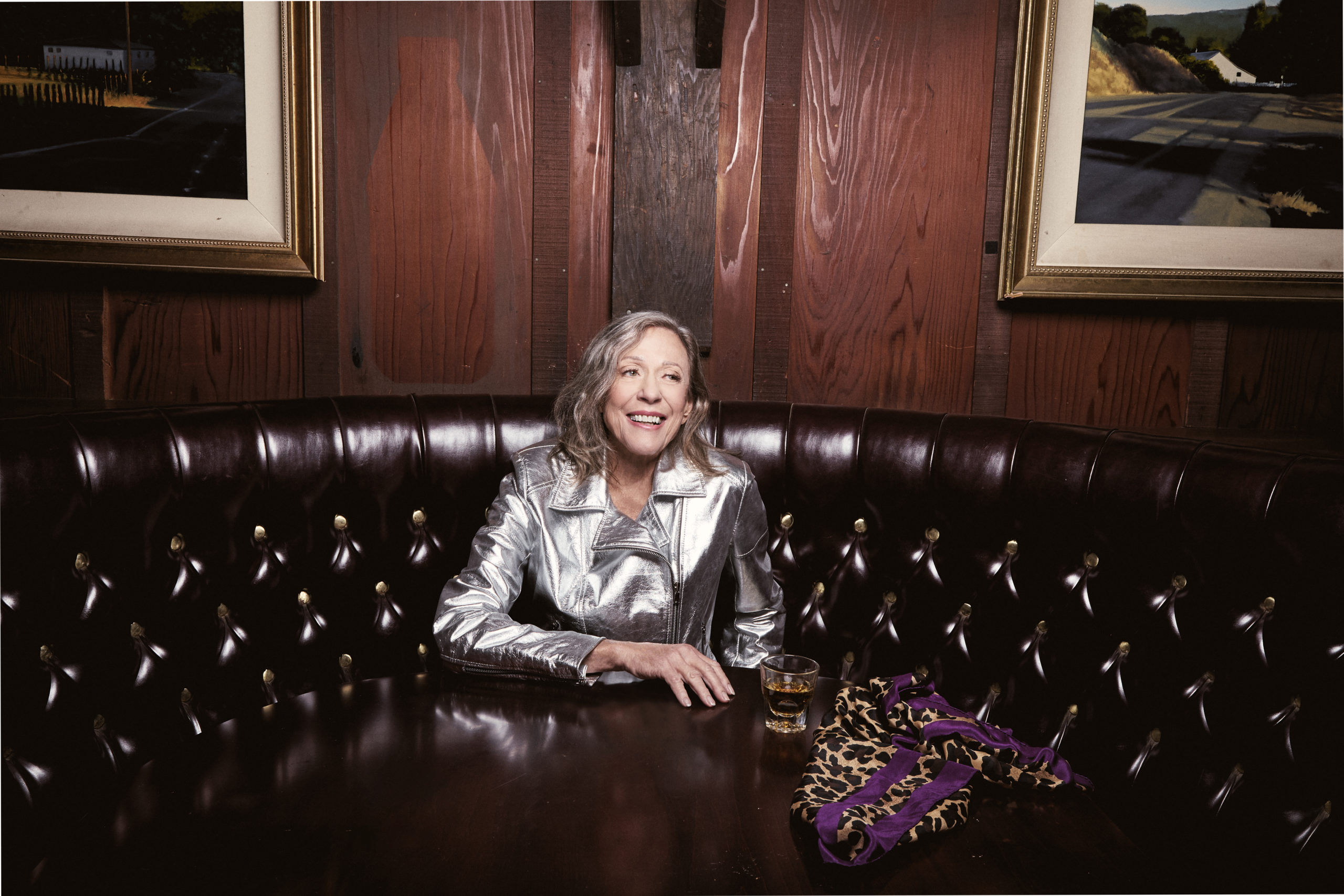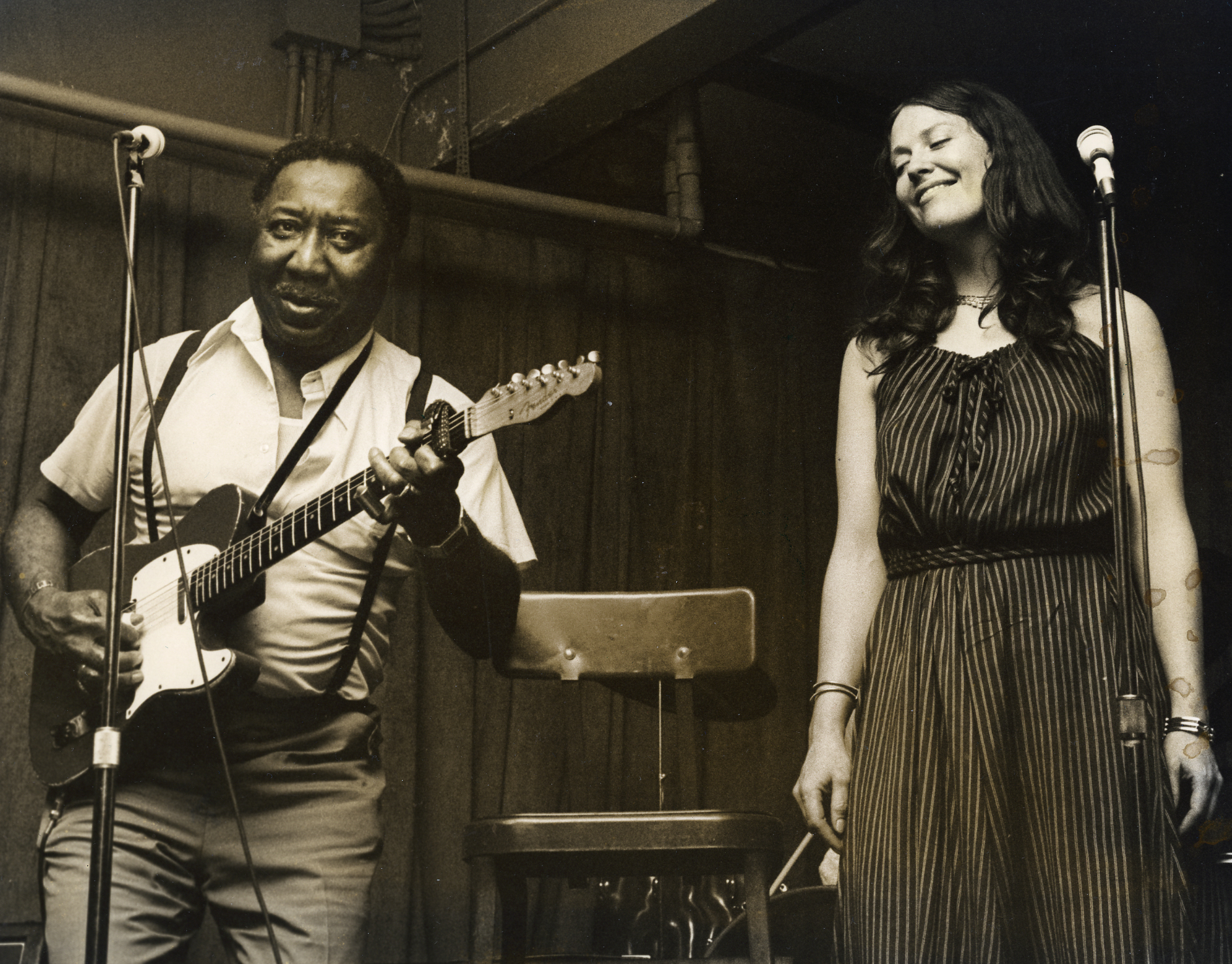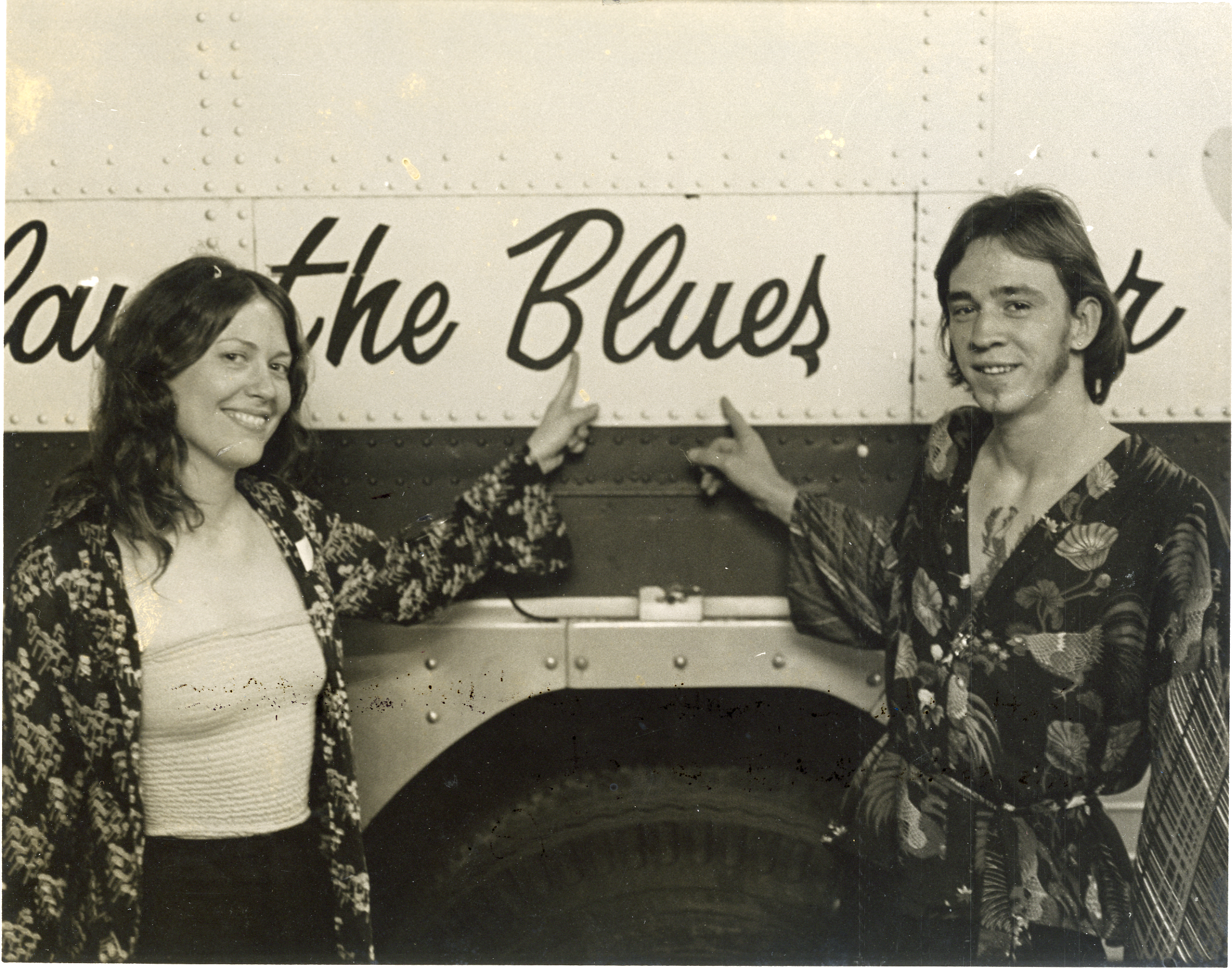When Austin’s Antone’s nightclub became a nationally known home for blues in the 1970s and 1980s, Angela Strehli was a big part of it. In those days, many in the capital city called her “the Queen of the Blues.” The Lubbock native released several albums, performed around town and beyond, and served as president of Antone’s Records.
Strehli left Texas for California more than 20 years ago, and it’s been almost that long since she’s released a new album. “Ace of Blues” is her tribute to the artists and performers she admires most, including Bobby Bland, Otis Rush and Muddy Waters. Strehli told Texas Standard the idea for the album came from her husband. Listen to the interview above or read the transcript below.
This transcript has been edited lightly for clarity:
Texas Standard: After so many years away from the studio, what motivated you to get back behind the mic now?
Angela Strehli: My dear husband, Bob Brown, looked at me and said, shortly after my last birthday, “Look, don’t you think it is time for you to make a record? I think your fans would like to hear from you after 16 years,” or whatever it was at the time. So I didn’t have a comeback for that. And I started thinking, and I said, “Well, I don’t have any original material.” But that’s when Bob came up with the concept of tipping my hat to the people who had inspired me by doing one of their songs that was not well-known by people so that they would be hearing something fresh.
Let’s talk a little bit about how you were there at the beginning of that blues renaissance in Austin. A lot of people will tell you that it started with Clifford Antone and his club in the 70s. What was it like in Austin back in those days, and how did those of you who cared about the blues get fans excited about music?
Well, that was the trick. There weren’t a lot of venues, but we did get to end up entertaining Black folks who were sad to see that the blues was not being played so much on radio. They just thought that connection was going to be lost. They saw that we were trying to do this, the thing that they were afraid of losing. And it was the same thing with the older musicians, in particular Muddy Waters – he realized that his kids and grandkids, so to speak, were not learning his music because that was not new. That was not the young people’s music.
















